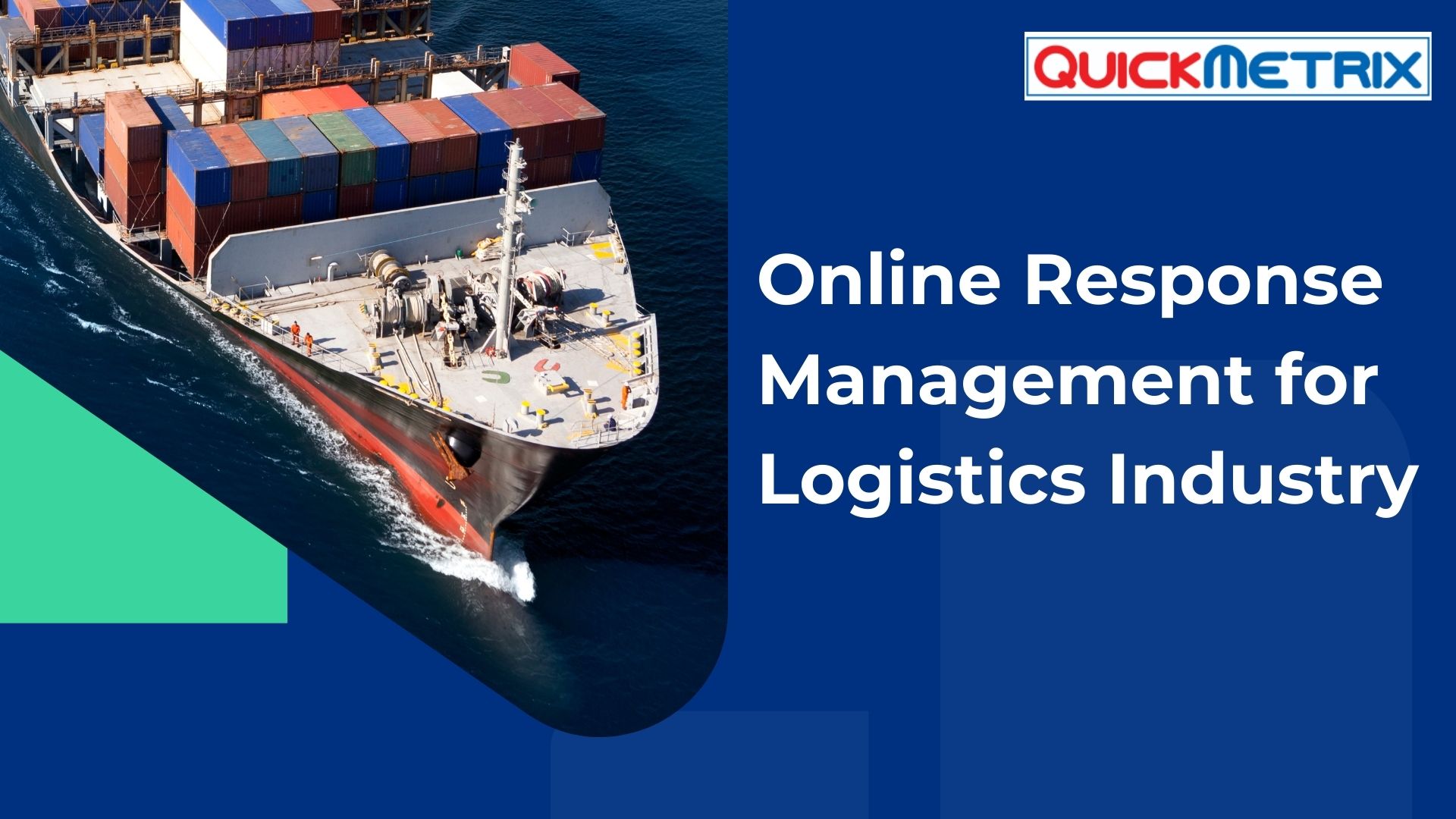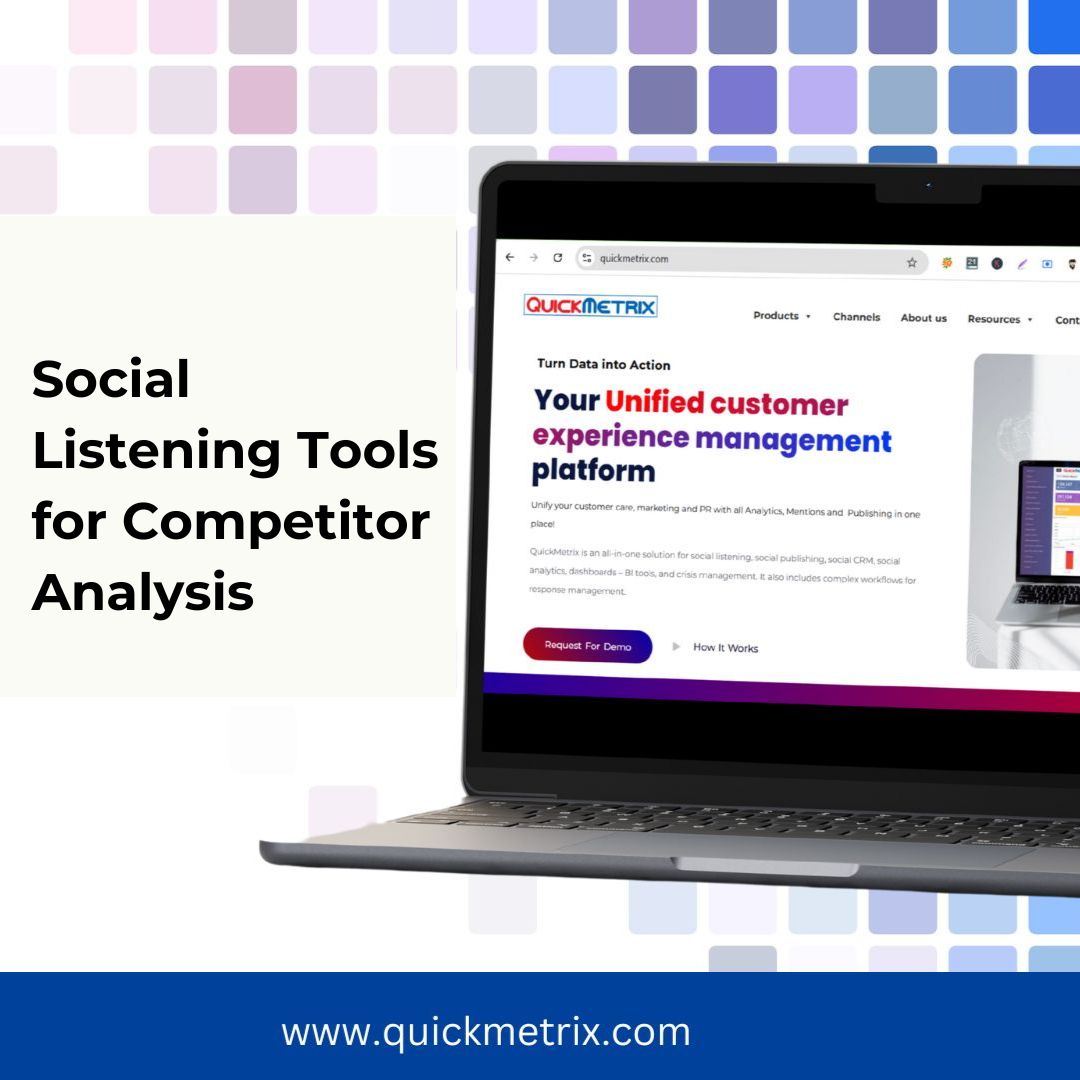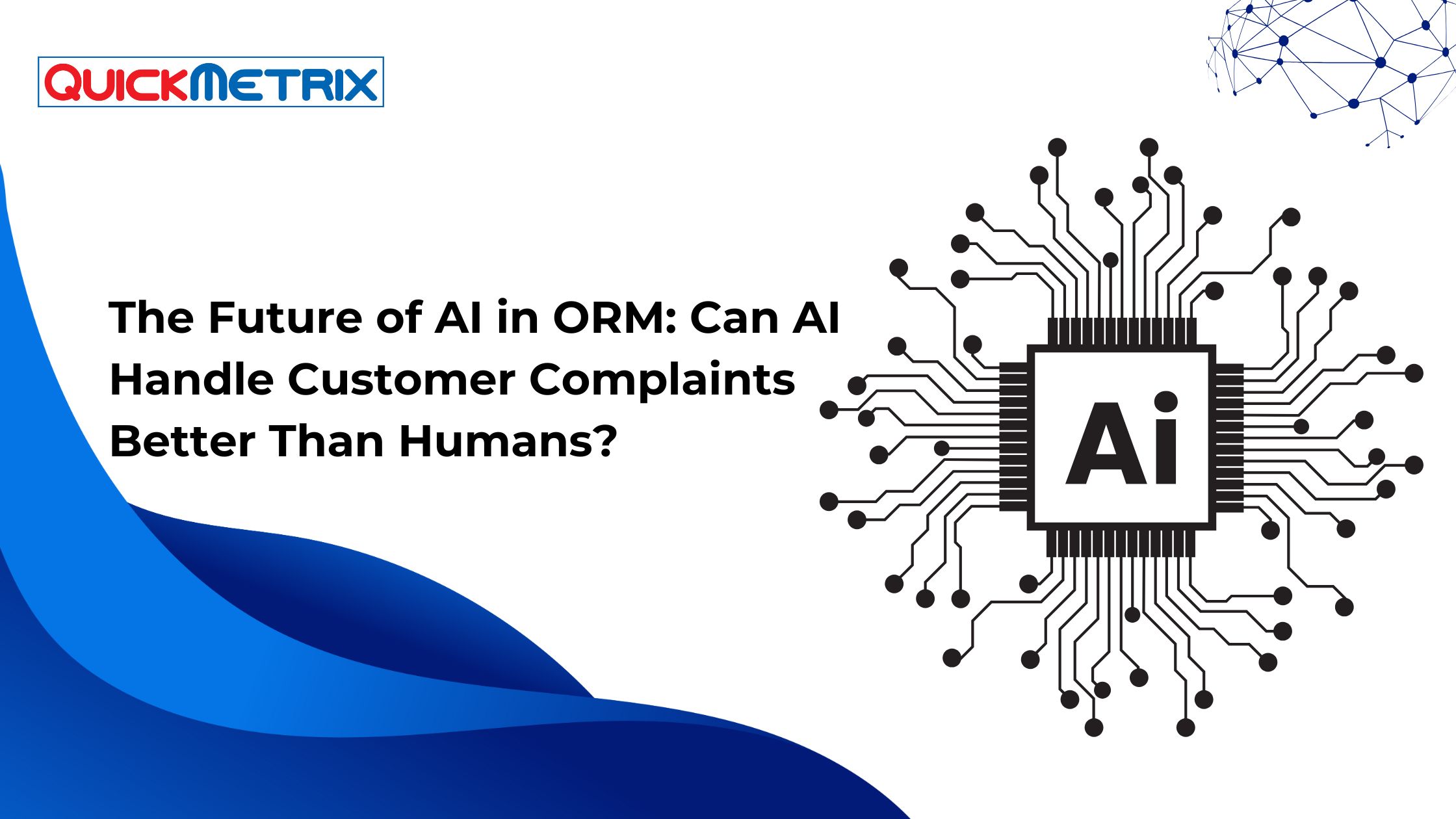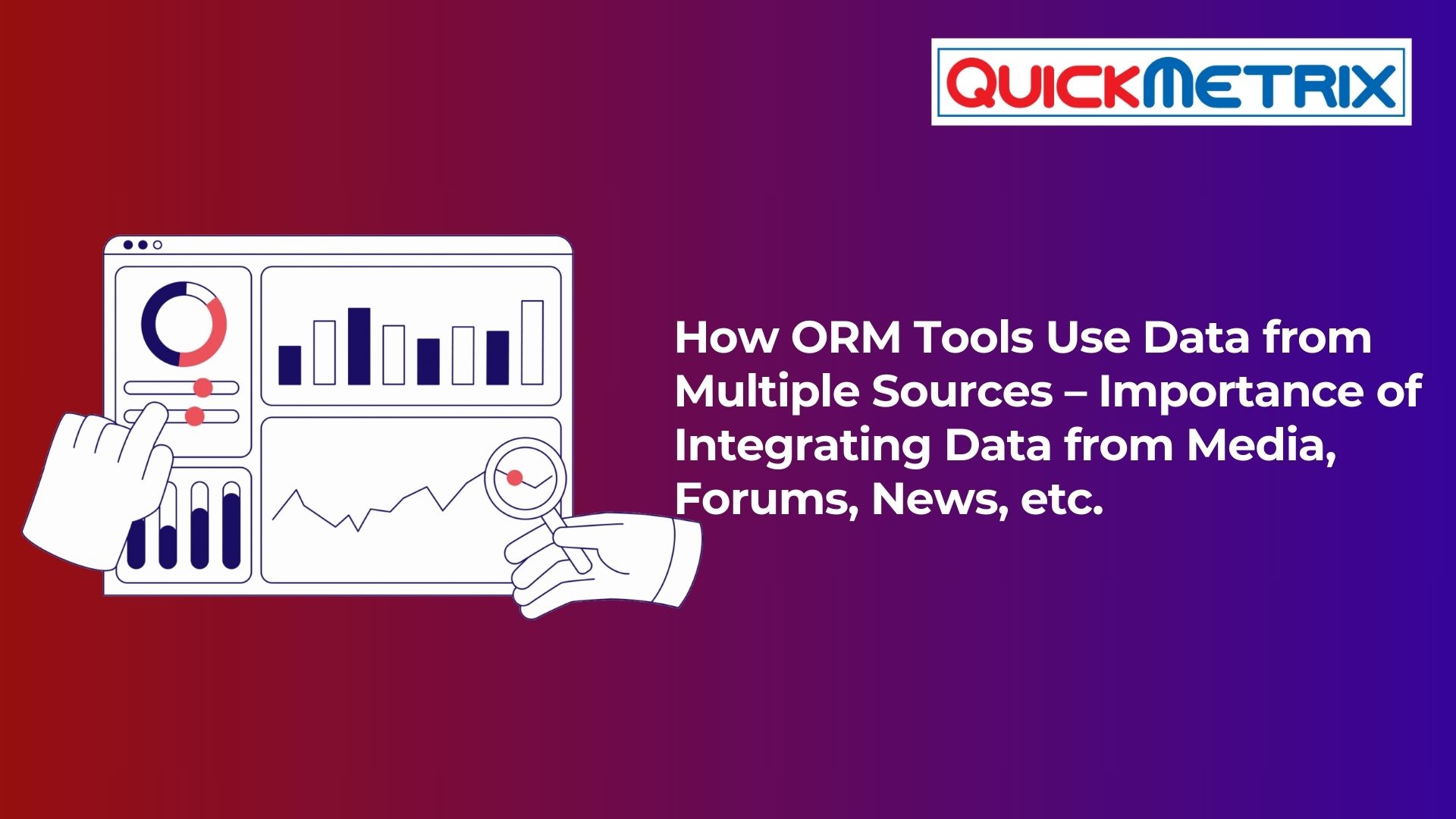Introduction to Online Response Management in the Logistics Industry
In the fast-paced world of logistics, efficient online response management is crucial for maintaining customer satisfaction and loyalty Timely responses play a key role in enhancing the overall customer experience, but logistics companies often face challenges in this area. However, by implementing effective response management strategies, companies can significantly improve customer relationships and gain a competitive edge in the industry.
Importance of Timely Responses
Responding promptly to customer inquiries and concerns is essential for building trust and loyalty. Customers expect quick resolutions and clear communication, especially in the logistics sector where timing is critical.
Challenges Faced by Logistics Companies
Logistics companies often struggle to manage a high volume of customer queries and complaints, leading to delays in response times and potential customer dissatisfaction. Additionally, coordinating responses across different communication channels can be challenging.
Impact of Effective Response Management on Customer Satisfaction
By optimizing response management processes, logistics companies can enhance customer satisfaction levels, improve retention rates, and ultimately drive business growth. Ensuring consistent and timely responses is key to building strong customer relationships.
Key Strategies for Efficient Online Response Management
Efficient online response management requires a combination of technology, training, and data analysis. By implementing the following key strategies, logistics companies can streamline their response processes and deliver exceptional customer support.
Implementing Automated Response Systems
Automated response systems can help logistics companies handle a large volume of inquiries and complaints efficiently. By setting up predefined responses for common scenarios, companies can reduce response times and ensure consistency in messaging.
Training Staff for Quick and Effective Responses
Proper training is essential for equipping customer service staff with the skills and knowledge needed to address customer inquiries effectively. Providing ongoing training and feedback can help improve response quality and speed.
Utilizing Data Analytics for Improved Response Metrics
Data analytics tools can provide valuable insights into response metrics, customer preferences, and areas for improvement. By leveraging data analytics, logistics companies can optimize their response strategies and identify opportunities for enhancement.
Best Practices for Handling Customer Inquiries and Complaints
Handling customer inquiries and complaints professionally and efficiently is key to maintaining good relationships with clients. By following these best practices, logistics companies can ensure positive outcomes and customer satisfaction.
Setting Clear Communication Guidelines
Establishing clear communication guidelines ensures that responses are consistent and meet customer expectations. Providing staff with templates and guidelines for different scenarios can help streamline the response process.
Resolving Issues Proactively to Prevent Escalation
Addressing customer issues proactively can prevent escalation and minimize the impact on customer satisfaction. By identifying and resolving potential issues early on, logistics companies can demonstrate their commitment to customer service.
Personalizing Responses to Enhance Customer Experience
Personalizing responses by addressing customers by name and tailoring messages to their specific needs can enhance the overall customer experience. Building a personal connection with customers can strengthen relationships and foster loyalty.
Utilizing Technology to Enhance Online Response Management
Technology plays a crucial role in enhancing online response management for logistics companies. By leveraging advanced tools and platforms, companies can streamline communication and provide exceptional customer support.
Integrating CRM Systems for Seamless Communication
Customer Relationship Management (CRM) systems can centralize customer data and communication history, allowing staff to access relevant information quickly. Integrating CRM systems can improve response times and enhance the overall customer experience.
Using Chatbots for Instant Customer Support
Chatbots can provide instant responses to common inquiries and concerns, freeing up human agents to handle more complex issues. By incorporating chatbots into their online response management strategy, logistics companies can provide round-the-clock support to customers.
Leveraging Social Media Platforms for Real-Time Responses
Social media platforms offer a direct line of communication with customers, allowing logistics companies to respond to inquiries in real time. By monitoring social media channels and engaging with customers promptly, companies can demonstrate their commitment to customer service.

Measuring Success and Continuous Improvement in Online Response Management
Continuous improvement is essential for optimizing online response management processes and staying ahead of the competition. By measuring success metrics and seeking feedback from customers and staff, logistics companies can identify areas for enhancement and drive ongoing improvements.
Tracking Response Times and Resolution Rates
Monitoring response times and resolution rates can provide valuable insights into the efficiency of online response management processes. By setting benchmarks and tracking performance metrics, companies can identify areas for improvement and enhance response quality.
Collecting Customer Feedback for Process Improvement
Gathering feedback from customers on their experiences with response management can highlight areas for improvement. By actively seeking feedback and addressing customer concerns, logistics companies can refine their processes and enhance customer satisfaction.
Conducting Regular Training Sessions for Staff Enhancement
Ongoing training and development are crucial for ensuring that staff members have the skills and knowledge needed to deliver exceptional customer support. By providing regular training sessions and professional development opportunities, companies can enhance staff performance and overall response quality.
Summary
Effective online response management is essential for logistics companies to maintain customer satisfaction and loyalty. By implementing key strategies, best practices, and utilizing technology, companies can streamline their response processes and provide efficient support to customers. Regularly measuring success metrics and striving for continuous improvement will ensure that companies stay competitive in the dynamic logistics industry.
FAQs
How can automated response systems benefit logistics companies?
Automated response systems can help streamline communication processes, reduce response times, and ensure consistent messaging to customers.
How important is personalizing responses in online response management?
Personalizing responses can enhance customer experience, build rapport with customers, and increase customer loyalty.
What role does data analytics play in improving online response management?
Data analytics can provide insights into response metrics, customer preferences, and areas for improvement, helping logistics companies optimize their response strategies.
Top Social Listening Tools in 2025: Why QuickMetrix Deserves Your Attention
In the world of digital marketing, conversations are currency. ...
Read More9-key-things-to-consider-before-choosing-an-best-orm-tool (Online response management tools)
IntroductionIn today's hyper-connected world, a single unresolved tweet or ...
Read MoreStreamlining Customer Interactions: The Key to Crisis Management and Data-Driven Decisions
Streamlining Customer Interactions: The Key to Crisis Management and ...
Read MoreSocial Listening for Financial Services: How Banks & FinTechs Stay Ahead
Introduction to Social Listening in Financial Services Definition ...
Read MoreThe Journey of QuickMetrix: Insights from Surendra Baliga on Building a Successful SaaS Business
The entrepreneurial journey is often filled with challenges, learning ...
Read MoreMastering the Market: How to Use Social Listening Tools for Real-Time Competitor Analysis
1. Introduction to Social Listening Tools1.1 What is Social ...
Read MoreHow to Get the Most Out of Social Listening Tools and Why Businesses Invest in Them
How to Get the Most Out of Social Listening ...
Read MoreListening to the Noise: How to Monitor Conversations That Matter to Your Brand
Understanding the Importance of Monitoring Brand Conversations 1.1 The Role ...
Read MoreThe Future of AI in ORM: Can AI Handle Customer Complaints Better Than Humans?
I. Introduction to Online Response Management (ORM)/ Online reputation ...
Read MoreHow ORM Tools Use Data from Multiple Sources – Importance of Integrating Data from Media, Forums, News, etc.
What is ORM ToolsOnline response Management (ORM) tools are ...
Read MoreYour Unified Customer Engagement Manager
Online reponse Management. AI Chatbot. Social Listening & Analytics. Social Media Publishing. Command Centre. Crisis Management. Complete Omnichannel Solution. Social CRM. All in one













